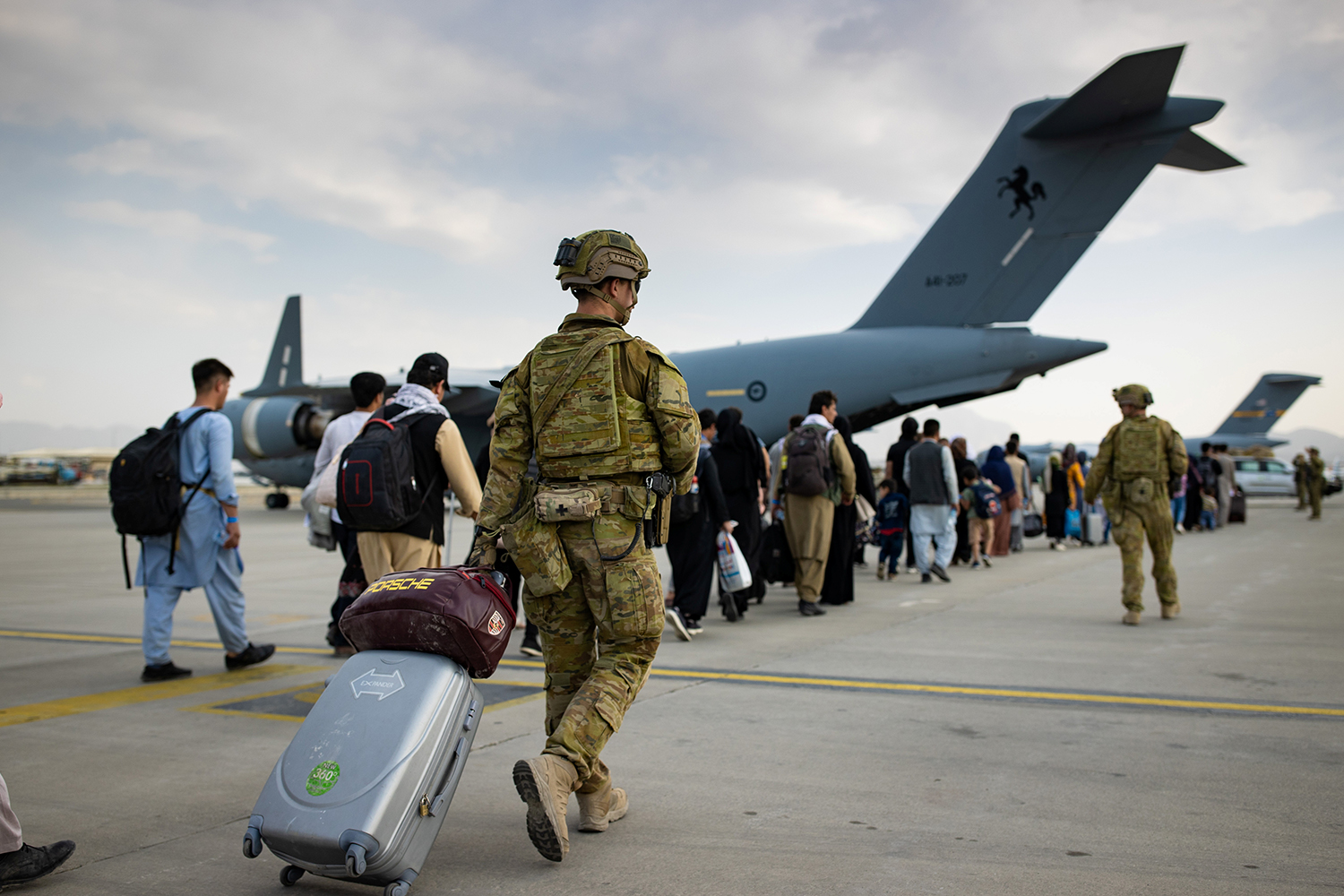The United States has officially completed its withdrawal from Afghanistan, marking the end of nearly 20 years of military intervention in the country. As someone who has followed the conflict closely over the years, I find myself reflecting on the events that have led us to this point, and the implications of this momentous decision for the future of Afghanistan and the wider region.
The withdrawal of US troops from Afghanistan has brought renewed attention to the ongoing challenges facing the Afghan state, particularly in terms of security and stability. For years, the US has been working to build a functioning Afghan state that can stand on its own two feet, but these efforts have been hampered by a range of factors, including corruption, weak institutions, and ongoing violence from extremist groups like the Taliban.
One of the most troubling aspects of the Afghan state is the issue of corruption. Despite years of efforts to combat this problem, it remains a pervasive issue that has undermined the legitimacy and effectiveness of the government. The withdrawal of the US army has only exacerbated this problem, as it has removed a key source of pressure and oversight on the Afghan authorities.
Moreover, the US withdrawal has also raised concerns about the fate of the thousands of Afghans who worked with US forces over the years, many of whom now face the risk of retribution from the Taliban. This has sparked a frantic effort to evacuate these individuals from the country, but there are fears that many will be left behind to face a grim fate.
The US withdrawal has also highlighted the role of regional powers such as China, Russia, and Iran, and the broader implications for US foreign policy in the region and beyond. With the US no longer playing a major role in Afghanistan, these powers are likely to seek to fill the vacuum left behind, potentially exacerbating regional tensions and instability.
As we consider the implications of the US withdrawal from Afghanistan, it is clear that the road ahead will not be an easy one. The Afghan state remains fragile and vulnerable to a range of threats, including terrorism, drug trafficking, and the rise of Muslim extremism. Nonetheless, it is important that the international community remains committed to supporting the Afghan people, and that we continue to work towards a more stable and peaceful future for this long-suffering country.
 |
| (c) The Atlantic Council |
No comments:
Post a Comment